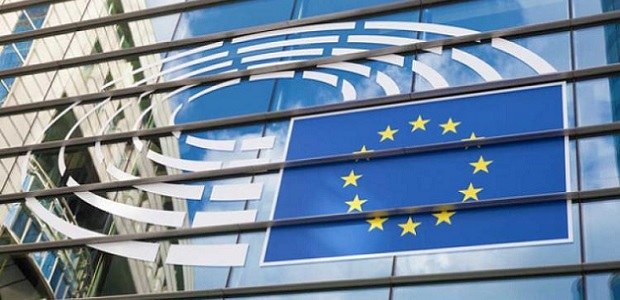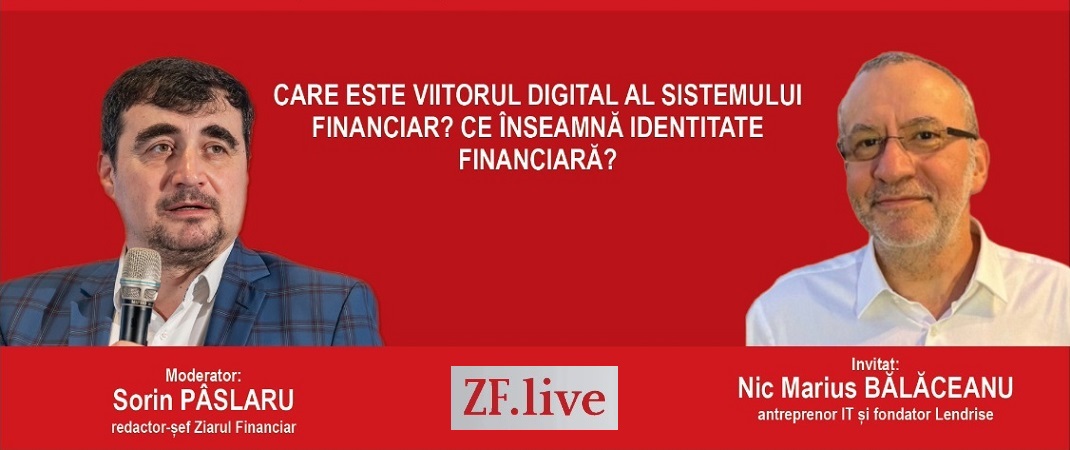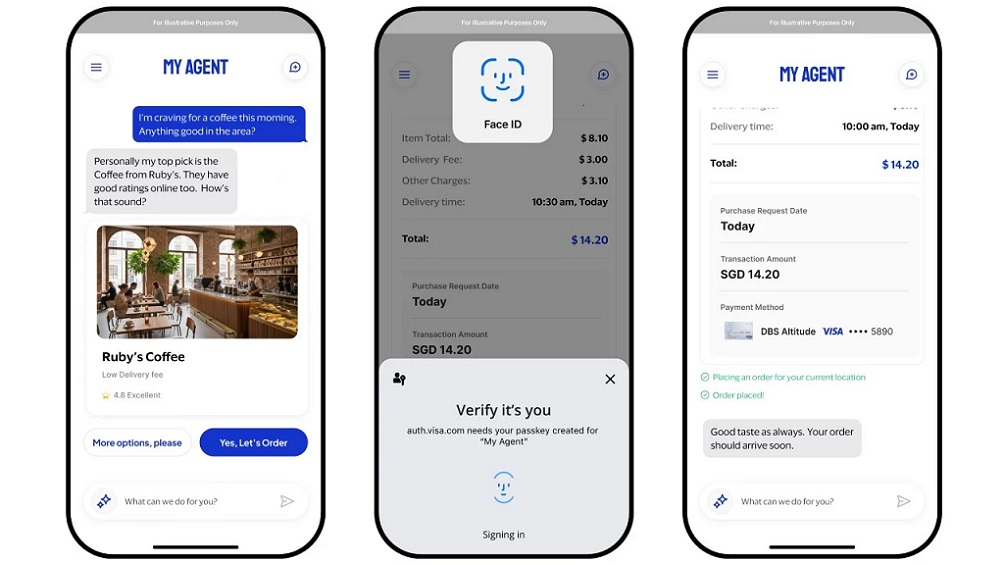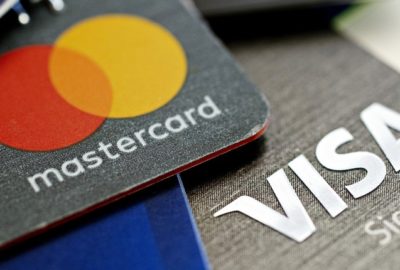EU: Agreement on new rules to fight non cash payment fraud
NoCash \ Analize \ EU: Agreement on new rules to fight non cash payment fraud
The EU is stepping up the fight against fraud involving non-cash means of payment (credit cards, online shopping, etc.) by upgrading and modernising the existing rules. The Council and Parliament negotiators reached today an agreement on the directive on combating fraud and counterfeiting of non-cash means of payment. This provisional political agreement will now have to be confirmed by the two institutions.
Today, the European Parliament and the Council reached political agreement on the Commission’s proposal to strengthen rules to combat fraud and counterfeiting of non-cash means of payment – such as bank cards, cheques, mobile payments and virtual currencies.
„An important element of the EU’s scaled up response to cybercrime, the new rules will help Member States to crack down on cyber-criminals while better assisting victims of online payment fraud.”, according to the press release.
Welcoming the agreement, Commissioner for Home Affairs, Migration and Citizenship Dimitris Avramopoulos said: „We are building a safer Europe for our citizens – offline as well as online, and today we deliver on this commitment. These new rules will help us crack down on those who steal from our citizens through online fraud, and ensure that our citizens are better protected.”
Commissioner for the Security Union Julian King said: „Strengthening deterrence is crucial to tackling cybercrime – malicious cyber actors need to know that they face serious consequences. Today’s agreement gives Member States a stronger tool to effectively fight online fraud, and provides a forceful disincentive to would-be cyber-criminals.”
„The directive updates the existing rules to ensure that a clear, robust and technology-neutral legal framework is in place. It also gets ride of operational obstacles that hamper investigation and prosecution, and foresees actions to enhance public awareness of fraudulent techniques such as phishing or skimming.”, according to the press release.
„Fraud with credit cards or online shopping is on the increase. It undermines trust, and makes consumers more reluctant to shop online. Moreover, the proceeds from this sort of fraud are used to finance criminal groups. Today’s agreement is a step towards closing legal loopholes between member states and introducing common rules that will ensure that fraud does not go unpunished.”, said Josef Moser, minister of justice of Austria.
Main elements of the text
The directive is technology-neutral and will encompass not only traditional non-cash payments such as bank cards or cheques but also new ways of making payment which have appeared over recent years, such as electronic wallets, mobile payments and virtual currencies.
The compromise text agreed includes provisions on:
. Expanding the scope of the offences to include, for example, transactions through virtual currencies;
. Harmonising the definitions of some online crime offences, such as hacking a victim’s computer or phishing;
. Introducing minimum levels for the highest penalties for natural persons. Council and Parliament agreed on a maximum term of imprisonment of at least 2 or 3 years depending of the type of offence;
. Assistance and support to ensure victims are sufficiently informed of their rights and citizens are advised on how to protect themselves from such frauds;
. Clarification of the scope of jurisdiction to ensure cross border frauds is tackled more effectively;
. Collection of statistics on, as a minimum, the number of offences and the number of persons prosecuted and convicted
The directive provides for minimum rules, so member states are free to go further and implement more stringent rules, including a broader definition of offences or higher penalties.
Next steps
Once the two institutions have confirmed the agreement reached, it will be reviewed by lawyer linguists before formal adoption by Council and Parliament before the end of the parliamentary term.
Background
In 2013, it is estimated that €1.44 billion was stolen by criminals through non cash payment fraud. Around 36 billion of phishing messages are sent every year to European citizens.
Technological developments, such as the increasing use of mobile payments or virtual currencies, have brought about substantial changes in the area of non-cash payments and the increase in online fraud. It is estimated that the criminal market for payment card fraud may be profiting from at least €1.8 billion per year.
The directive was proposed by the Commission in September 2017 as part of the EU’s response to the challenge of cybersecurity. It updates the Council framework decision 2001/413/JHA dating back to 2001.











